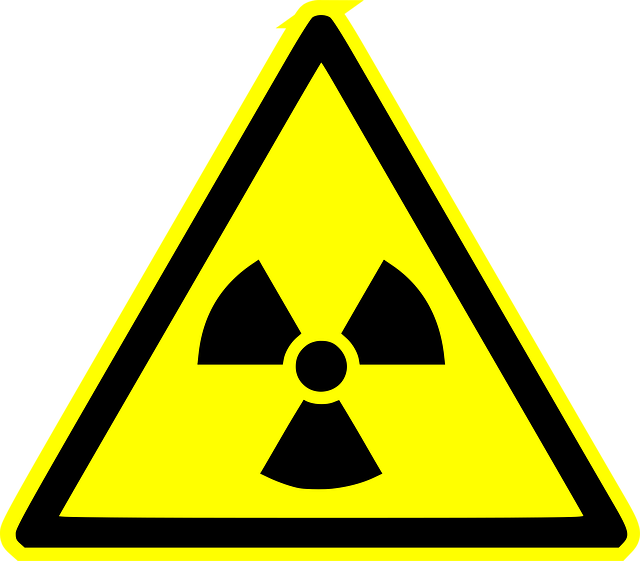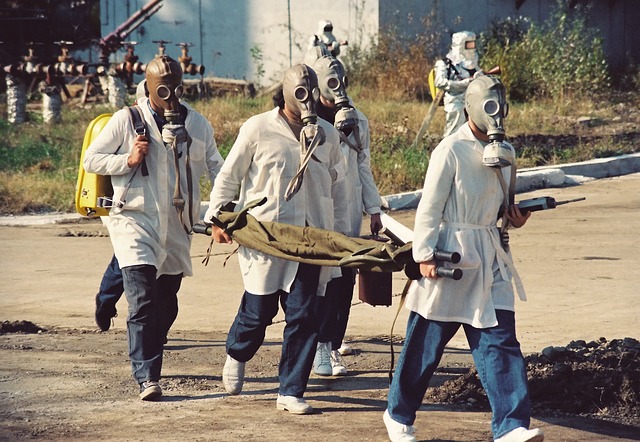Gas safety certificates are essential for gas appliance installations and maintenance, ensuring compliance with regulations and preventing hazards. In the UK, certificates like the Gas Safe Register (GSR) verify professional competence through training and exams, with 5-year validity periods requiring regular renewal. Proper preparation involves maintaining certificates and adhering to guidelines. Effective gas safety management in educational institutions includes ventilation, prompt leak repairs, and clear communication during inspections, fostering a culture of safety.
“Discover the essential guide to navigating gas safety certificates, your paramount defense against potential hazards. This comprehensive piece unravels the intricacies of these certifications, equipping you with knowledge to ensure compliance and safety. We demystify ‘Understanding Gas Safety Certificates,’ explore diverse certification types and their validity, and offer practical tips for maintenance. Stay informed, stay safe – it’s all about the gas safety certificate.”
- Understanding Gas Safety Certificates: Basics and Requirements
- Types of Gas Safety Certifications and Their Validity Periods
- Ensuring Safe Practices: Tips for Maintaining Your Certificate
Understanding Gas Safety Certificates: Basics and Requirements

Gas Safety Certificates are crucial documents that ensure the safe operation of gas appliances and systems within residential, commercial, or industrial settings. They serve as a legal requirement to prevent gas-related hazards and protect lives. These certificates validate that a gas appliance or pipework has been installed, serviced, and examined by a qualified professional, adhering to specific safety standards. The process involves thorough inspections, testing, and documentation to identify potential risks and ensure compliance with regulations.
Understanding the basics of these certificates is essential for property owners, managers, and employees alike. Regular gas safety training for employees is vital to raise awareness about potential hazards and emergency procedures, such as how to perform an emergency gas shut-off. When choosing a gas safe engineer, consider their qualifications, experience, and insurance to ensure a competent and reliable service. By adhering to these requirements, you contribute to a safer environment and potentially avoid costly fines or legal repercussions related to gas safety.
Types of Gas Safety Certifications and Their Validity Periods

There are several types of Gas Safety Certificates, each catering to specific roles and responsibilities in handling and maintaining gas systems. The most common ones include the Gas Safe Register (GSR) Certificate, which is a legal requirement for anyone working with gas appliances in the UK. This certificate assures that the individual has undergone comprehensive training and passed rigorous exams demonstrating their proficiency in gas safety. Other specialized certificates may include those for specific gas types like LPG or natural gas, ensuring professionals are equipped to handle unique challenges associated with each.
The validity periods for these certifications vary. Typically, a Gas Safe Register Certificate is valid for five years from the date of issue. This encourages professionals to stay up-to-date with their training and knowledge by renewing their certificates regularly. For top-rated gas safety courses, staying current on the latest industry standards and regulations is crucial. Preparing for a gas safety inspection involves ensuring all documentation is in order, including valid certifications, and maintaining gas systems according to established guidelines. Knowing what happens during a gas safety inspection can help individuals be ready, allowing them to demonstrate their adherence to safety protocols and best practices.
Ensuring Safe Practices: Tips for Maintaining Your Certificate

Maintaining your gas safety certificate is more than just compliance; it’s an ongoing commitment to ensuring safe practices within your establishment. Regularly reviewing and understanding your gas safety procedures is key. Familiarize yourself with potential gas safety myths debunked and prioritize best practices for prevention. Stay updated on industry standards and conduct internal audits to identify areas for improvement.
For schools, implementing robust gas safety best practices is essential for the well-being of students and staff. Ensure proper ventilation, prompt repair of any leaks, and clear communication protocols during inspections. Remember, a thorough understanding of what happens during a gas safety inspection? can help streamline the process and foster a culture of safety.
In conclusion, securing a valid gas safety certificate is paramount for maintaining a secure and compliant environment. By understanding the basics, recognizing different certification types, and adhering to safe practices, you can ensure your gas appliances are operated with maximum efficiency and minimal risk. Regular updates and adherence to guidelines are essential, making this comprehensive guide an invaluable resource for all things related to gas safety certificates.
